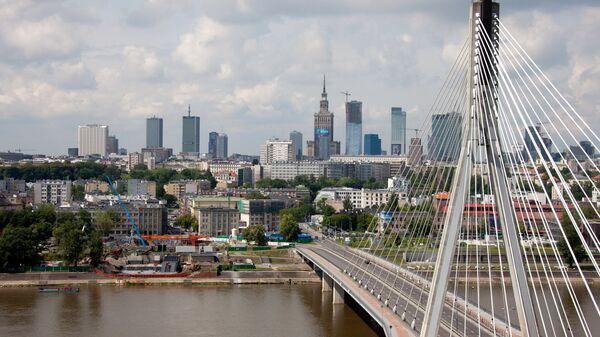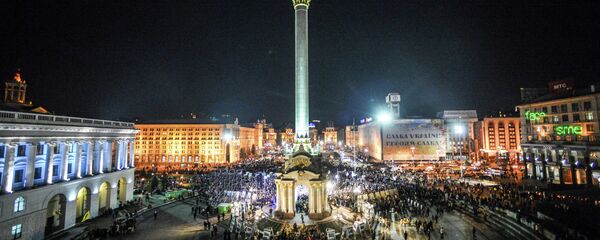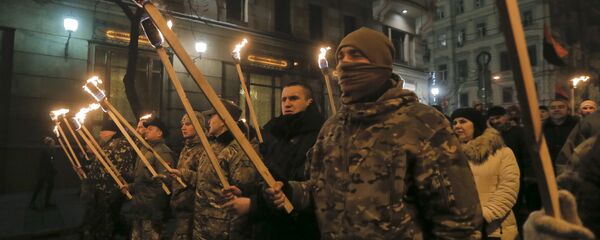Bohdan Pietka said that the ruling Law and Justice Party came to power because it listened to the opinions of the overwhelming majority of Poles opposed to the arrival of thousands of Muslim migrants from the Middle East.
“This is exactly what the majority of people in Hungary, the Czech Republic and Slovakia think too. This has nothing to do with xenophobia or chauvinism. People are simply afraid of terrorism because no one wants a repetition of the tragic events that happened in Paris in 2015 and then also in London, Amsterdam, Manchester and other cities,” Bohdan emphasized.
Mentioning a recent interview by former Polish President Bronislaw Komorowsi, who said that accepting migrants was a moral duty for Poland, Bohdan Pietka said that this reflected the opinion of the European Commission, which differs from that of the majority of Poles who don’t want to have people around capable of committing terrorist attacks.
When asked why the European Commission wasn’t criticizing Austria and Denmark, which also refuse to accept migrants, Bohdan described this as an example of a double standard approach by the European Commission, which believes that rich countries have certain privileges.
“How come they are not criticizing the United States for refusing to accept migrants? Or Israel? They only criticize Poland, the Czech Republic, Slovakia and Hungary,” he complained.
In a recent interview, a young Polish politician, Krzysztof Bosak, said that he is also against the prospect of Ukrainian labor migrants inundating his country.
“The problem is that we risk bringing in many Ukrainian nationalists and outright criminals who could eventually form a political party to promote Ukrainian interests in Poland.”
He described the ethnic and national unity Poland has enjoyed since the end of WWII as a “big plus in our country’s history.”
“Now they want to give Ukrainian a status of a second language in Vroclaw and they are going to open Ukrainian-language classes in Krakow. I’m not a chauvinist, but someday we could have an ethnic conflict with Stepan Bandera supporters here in Poland, which we might not be able to avoid,” Bohdan Pietka warned.
Since the start of the crisis in Ukraine in 2014, Poland has seen a massive spike in migration from Ukraine. There are an estimated half million Ukrainians currently living and working in Poland, with up to a million and a half more working in the country temporarily.
Poland and many other Eastern European countries refuse to accept EU quotas, aimed at distributing the migrants across Europe in a more even manner.
The European Union has threatened them with sanctions unless they begin taking in their share of refugees.




